The future of work has arrived, driven by rapid advancements in artificial intelligence (AI) and automation. As technology continues to evolve, it’s transforming how we work, what we do, and the skills we need to succeed. This shift brings both exciting opportunities and new challenges. In this article, we’ll explore how AI and automation are influencing job roles and the skills required for tomorrow’s workforce.
The Impact of AI and Automation on Job Roles
AI and automation are changing job roles across various industries. Here’s how these technologies are reshaping the workplace:
1. Routine Task Automation
Automation excels at handling repetitive and routine tasks. Jobs that involve routine data entry, basic customer service, or simple manufacturing tasks are increasingly being performed by machines. This shift allows employees to focus on more complex and creative aspects of their roles. In manufacturing, robots are now commonly used for tasks like assembling products or packaging. This automation frees up human workers to focus on quality control and process improvement.

2. Enhanced Decision-Making
AI systems can analyze vast amounts of data and provide insights that aid in decision-making. This capability is transforming roles in fields like finance, marketing, and healthcare, where data-driven decisions are critical. AI tools can help professionals make more informed choices, forecast trends, and optimize strategies. In finance, AI algorithms can analyze market trends and predict investment opportunities, helping financial advisors provide better recommendations to their clients.
3. Creation of New Job Roles
While automation may reduce the need for certain roles, it also creates new job opportunities. Positions related to developing, maintaining, and managing AI and automation systems are in high demand. Roles like AI specialists, data scientists, and automation engineers are becoming increasingly important. The rise of AI has led to the creation of jobs in machine learning, natural language processing, and AI ethics as companies seek experts to develop and oversee these technologies.
Adapting Skills for the Future Workforce
As job roles evolve, so too must the skills of the workforce. Here’s a look at the skills that will be essential in the future job market:
Technical Proficiency
Understanding how to work with AI and automation technologies is becoming increasingly important. Skills in coding, data analysis, and machine learning will be valuable as more industries adopt these technologies. Familiarity with digital tools and platforms is crucial for staying relevant. Learning programming languages like Python or R can open doors to roles in data analysis and AI development.

Critical Thinking and Problem-Solving
While AI can handle routine tasks, it’s less adept at solving complex problems or making nuanced decisions. Critical thinking and problem-solving skills will be essential for roles that require human judgment and creativity. Being able to analyze situations, think critically, and devise innovative solutions will set you apart. In roles like project management or strategic planning, the ability to navigate complex challenges and make strategic decisions remains a key asset.
Emotional Intelligence
AI and automation lack emotional intelligence, making human skills like empathy, communication, and teamwork highly valuable. Jobs that involve interacting with people, understanding their needs, and managing relationships will continue to require a human touch. In customer service or human resources, strong interpersonal skills are essential for managing relationships and addressing complex issues that require empathy.
Adaptability and Lifelong Learning
The pace of technological change means that skills can quickly become outdated. Being adaptable and committed to lifelong learning will be crucial for staying relevant in the job market. Embracing new technologies, pursuing further education, and continuously upgrading your skills will help you thrive. Online courses, workshops, and industry certifications can help you keep up with emerging trends and technologies.
In Conclusion
AI and automation are reshaping the world of work, influencing job roles and the skills needed for success. As technology continues to advance, adapting to these changes is key to thriving in the future job market. By focusing on technical proficiency, critical thinking, emotional intelligence, and adaptability, you can position yourself for success in an increasingly automated world. Embrace the future of work with confidence and curiosity, and you’ll be well-prepared to meet the challenges and opportunities that lie ahead.…











 One of the most apparent benefits of AI and automation is increased efficiency. Automation reduces the amount of manual labor that needs to be done, allowing businesses to get more done faster with fewer resources.
One of the most apparent benefits of AI and automation is increased efficiency. Automation reduces the amount of manual labor that needs to be done, allowing businesses to get more done faster with fewer resources. AI can be used to help businesses make better decisions. AI-powered analytics can quickly analyze large amounts of data and identify patterns or trends humans may have overlooked.
AI can be used to help businesses make better decisions. AI-powered analytics can quickly analyze large amounts of data and identify patterns or trends humans may have overlooked.
 Becoming a successful YouTube star requires a lot of editing, and during those edits, music and talking will be playing non-stop. It would be best to have a great pair of headphones to help you hear the audio perfectly and make great edits. A good pair of audiophile headphones can cost anywhere from $100 to $500. Some recommended brands are:
Becoming a successful YouTube star requires a lot of editing, and during those edits, music and talking will be playing non-stop. It would be best to have a great pair of headphones to help you hear the audio perfectly and make great edits. A good pair of audiophile headphones can cost anywhere from $100 to $500. Some recommended brands are: Of course, you can’t have a successful YouTube channel without a good camera. You don’t need the most expensive camera on the market, but you should invest in a good one that will film high-quality videos. Some recommended cameras are:
Of course, you can’t have a successful YouTube channel without a good camera. You don’t need the most expensive camera on the market, but you should invest in a good one that will film high-quality videos. Some recommended cameras are:




 A fax machine is not mobile, and hence if your recipient is not present to receive the fax or there are too many documents coming through, there is a risk of mixing up or failure to receive everything. For instance, your boss or partner is waiting for a particular financial report, and other office users are using the machine, it may get jammed, or there may be a mix-up. This may land you in trouble with your boss or business partner or cause you to lose a big business deal. However, online faxing delivers message in time always.
A fax machine is not mobile, and hence if your recipient is not present to receive the fax or there are too many documents coming through, there is a risk of mixing up or failure to receive everything. For instance, your boss or partner is waiting for a particular financial report, and other office users are using the machine, it may get jammed, or there may be a mix-up. This may land you in trouble with your boss or business partner or cause you to lose a big business deal. However, online faxing delivers message in time always.
 Compare the Price
Compare the Price



 Online fax providers will host your company fax address. As a company, you can’t rely on free services because they can’t handle multiple activities all at once, and they may not have proper security and privacy protection. Also, you may need to change your fax number every time you try to send or receive files, which can make your workflow inefficient. Therefore, you have to consider investing some of your company budgets on a credible online fax host.
Online fax providers will host your company fax address. As a company, you can’t rely on free services because they can’t handle multiple activities all at once, and they may not have proper security and privacy protection. Also, you may need to change your fax number every time you try to send or receive files, which can make your workflow inefficient. Therefore, you have to consider investing some of your company budgets on a credible online fax host. One thing that makes professional fax different from the non-commercial one is the fax cover sheet. Put your company’s official header on the fax template so that any files sent from your end can be identified later. Moreover, don’t forget to add your official document numbers as well so that the paper can be organized effortlessly. These small details will prevent any information from being lost in transmission.
One thing that makes professional fax different from the non-commercial one is the fax cover sheet. Put your company’s official header on the fax template so that any files sent from your end can be identified later. Moreover, don’t forget to add your official document numbers as well so that the paper can be organized effortlessly. These small details will prevent any information from being lost in transmission.

 According to Lorenzo De Plano, a co-founder of Solace Tech, a company that specializes in e-cigarettes and vapes, the e-juice makes the most money in the vape industry. The essential ingredient is the nicotine salt derived from tobacco leaves. However, with many suppliers in the market, you need to make sure that you can get the pure salt.
According to Lorenzo De Plano, a co-founder of Solace Tech, a company that specializes in e-cigarettes and vapes, the e-juice makes the most money in the vape industry. The essential ingredient is the nicotine salt derived from tobacco leaves. However, with many suppliers in the market, you need to make sure that you can get the pure salt. The vape hype owes significantly to the Internet. Boutique e-juices tend to sell well in the market because they can exploit people’s curiosity and sense of individuality. The way you
The vape hype owes significantly to the Internet. Boutique e-juices tend to sell well in the market because they can exploit people’s curiosity and sense of individuality. The way you 
 The most important and the first factor to consider is the display resolution. Today gaming monitors in 1080p, 1440p or 2160p. The higher resolution means higher pixel count. This, in turn, means higher image clarity and a better visual image. The biggest obstacle, however, keeping most gamers from UHD and QHD resolutions are hardware limitations. QHD is slowly becoming a new standard, and mid-range gaming can maintain a stable 30 FPS. For UHD powerful modern GPUs can push over 30 FPS hoping to reach 60 FPS.
The most important and the first factor to consider is the display resolution. Today gaming monitors in 1080p, 1440p or 2160p. The higher resolution means higher pixel count. This, in turn, means higher image clarity and a better visual image. The biggest obstacle, however, keeping most gamers from UHD and QHD resolutions are hardware limitations. QHD is slowly becoming a new standard, and mid-range gaming can maintain a stable 30 FPS. For UHD powerful modern GPUs can push over 30 FPS hoping to reach 60 FPS. gaming monitors today stick to between 21 and 27 inches. These represent the perfect balance of viewing comfort and visual clarity. Anything higher will have to be viewed from a distance.
gaming monitors today stick to between 21 and 27 inches. These represent the perfect balance of viewing comfort and visual clarity. Anything higher will have to be viewed from a distance.
 With faxing service, it is possible to attach different types of document format including Excel, images, Word Document. Checking with the service provider can help you in knowing the types of document formats that you can use. It is also possible to grab documents from other storage accounts like Dropbox and Google drive. The procedure followed when attaching documents is similar to that of attaching documents or files that you want to send/email.
With faxing service, it is possible to attach different types of document format including Excel, images, Word Document. Checking with the service provider can help you in knowing the types of document formats that you can use. It is also possible to grab documents from other storage accounts like Dropbox and Google drive. The procedure followed when attaching documents is similar to that of attaching documents or files that you want to send/email.



 sending faxes. With these services, you will be in a good position of printing out the best information or document that you only need. In other words, Gmail faxing services enables the sender to preview their documents before sending and printing.
sending faxes. With these services, you will be in a good position of printing out the best information or document that you only need. In other words, Gmail faxing services enables the sender to preview their documents before sending and printing. Another primary benefit of Gmail fax services is that you are not required to use a fax machine to send the faxes. Unlike before where a sender had to use a fax machine to submit his or her documents, the new Gmail faxing services only need access to the internet and a Gmail account.…
Another primary benefit of Gmail fax services is that you are not required to use a fax machine to send the faxes. Unlike before where a sender had to use a fax machine to submit his or her documents, the new Gmail faxing services only need access to the internet and a Gmail account.…




 pany or expert with nothing to hide should be straightforward and open when it comes to its pricing. The company should disclose all the costs involved in restoring your iPhone before you contract their services. For example, the company can choose to post the prices on their official social media page or web page. So if you’re offered a deal that is too good to be true, chances are they are not worth it.
pany or expert with nothing to hide should be straightforward and open when it comes to its pricing. The company should disclose all the costs involved in restoring your iPhone before you contract their services. For example, the company can choose to post the prices on their official social media page or web page. So if you’re offered a deal that is too good to be true, chances are they are not worth it.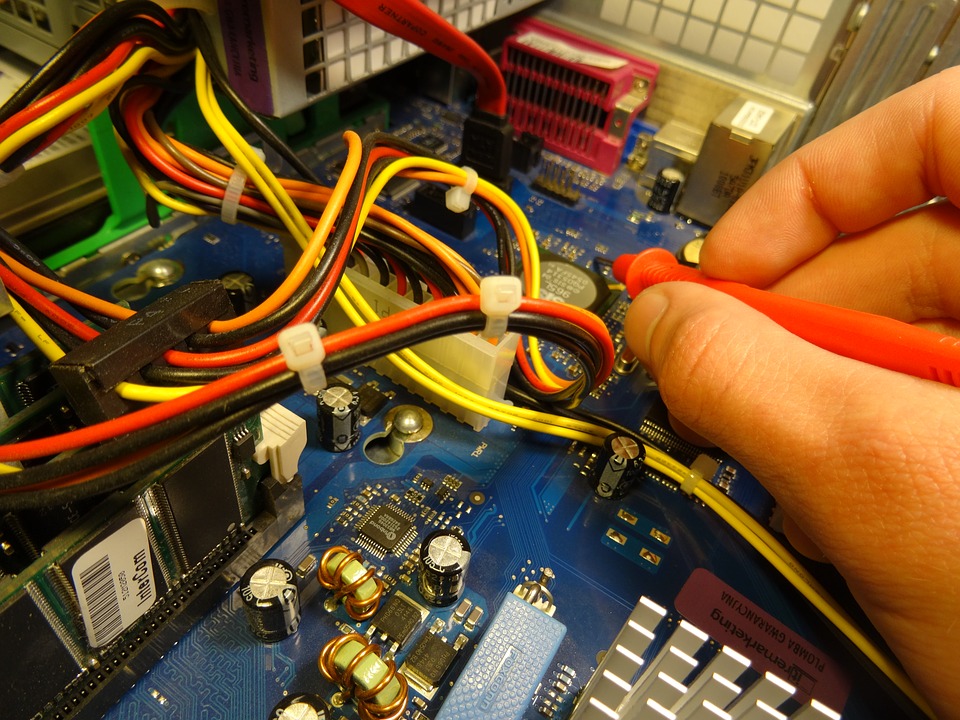
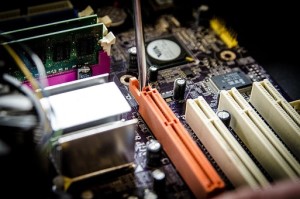
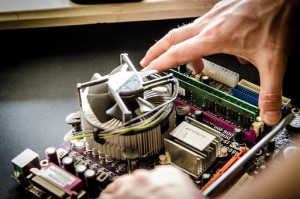


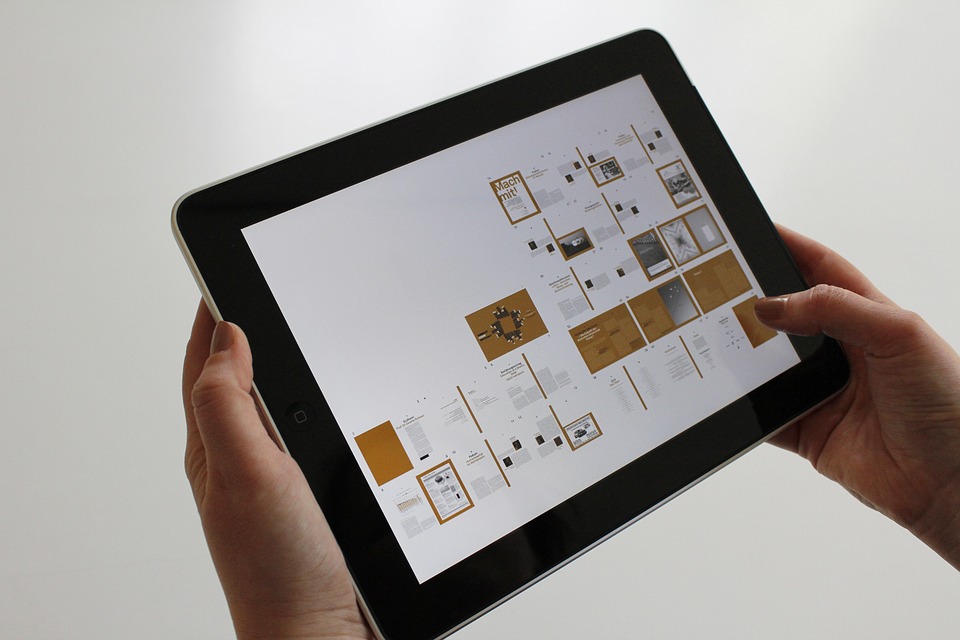
 easy to navigate and use. It can load fast and manage the number of users that visit the website at any given time. Failure to make your website responsive can make customers move to your competitors that offer the same services and products, which you offer.
easy to navigate and use. It can load fast and manage the number of users that visit the website at any given time. Failure to make your website responsive can make customers move to your competitors that offer the same services and products, which you offer. ul element of load testing is that it can be used to identify software configuration problems. In some instances, you will find that there are some bugs in the software and once it is fixed, it will start running smoothly. It is advisable to know such issues in advance instead of waiting until you realize traffic is dropping and you do not know why.
ul element of load testing is that it can be used to identify software configuration problems. In some instances, you will find that there are some bugs in the software and once it is fixed, it will start running smoothly. It is advisable to know such issues in advance instead of waiting until you realize traffic is dropping and you do not know why.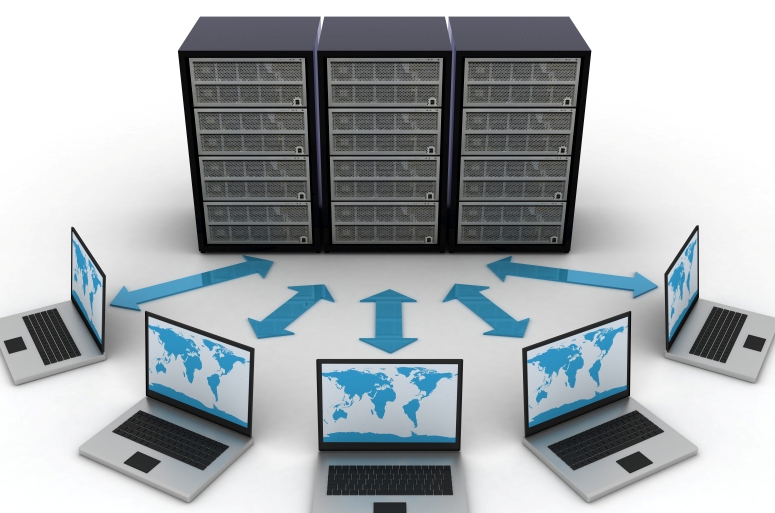
 ated control panel, which serves up the most critical administrative options in just a single location. A great control panel allows you to control all aspects of your website and locate features, such as logs and search engine optimization. Features should be typically grouped into related groups so you can easily find what you want when you want it. However, keep in mind that even the popular control panels can sometimes seem difficult and overwhelming to navigate especially for beginners.
ated control panel, which serves up the most critical administrative options in just a single location. A great control panel allows you to control all aspects of your website and locate features, such as logs and search engine optimization. Features should be typically grouped into related groups so you can easily find what you want when you want it. However, keep in mind that even the popular control panels can sometimes seem difficult and overwhelming to navigate especially for beginners. tising credits are one of the greatest rewards offered by most reputable web hosting companies. These credits help you spread the word about your business without the need to devise a separate advertising budget. Therefore, by redeeming your credits, you can easily place ads on your website on most common search engines, such as Yahoo and Google.
tising credits are one of the greatest rewards offered by most reputable web hosting companies. These credits help you spread the word about your business without the need to devise a separate advertising budget. Therefore, by redeeming your credits, you can easily place ads on your website on most common search engines, such as Yahoo and Google.

 en
en

 one repair parts manufacturers are connected to top notch shipping companies that will deliver them at your doorstep. However, companies that deal in fake products will only sell the products and leave the shipping bit for you to sort out.
one repair parts manufacturers are connected to top notch shipping companies that will deliver them at your doorstep. However, companies that deal in fake products will only sell the products and leave the shipping bit for you to sort out.
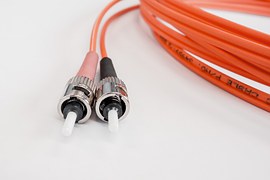 The experts will help you choose the best site to start a web page. You don’t have to worry even when you are totally green.
The experts will help you choose the best site to start a web page. You don’t have to worry even when you are totally green. Wecode has been in the digital industry for quite a while. It was formed in 2014. It has since evolved to have a good reputation. It has managed to work with big industries as a digital partner. One of the corporations that have been in their case is He Copenhagen. He Copenhagen wanted to maintain graphical profile while starting a new PrestaShop. WeCode worked with its online department to their success.
Wecode has been in the digital industry for quite a while. It was formed in 2014. It has since evolved to have a good reputation. It has managed to work with big industries as a digital partner. One of the corporations that have been in their case is He Copenhagen. He Copenhagen wanted to maintain graphical profile while starting a new PrestaShop. WeCode worked with its online department to their success.
 While it is true that many individuals and companies are already offering electrical services nowadays, it is crucial that you still do your homework. Not all the electricians that you may come across are skilled enough to address whatever issues you have that involve electrical wiring or electricity.
While it is true that many individuals and companies are already offering electrical services nowadays, it is crucial that you still do your homework. Not all the electricians that you may come across are skilled enough to address whatever issues you have that involve electrical wiring or electricity. When it comes to the cost of service, the rates of the various electricians may differ. Some are expensive while some are cheap. In order for you to get the best deal, you should always look into the quality of service along with the cost.…
When it comes to the cost of service, the rates of the various electricians may differ. Some are expensive while some are cheap. In order for you to get the best deal, you should always look into the quality of service along with the cost.…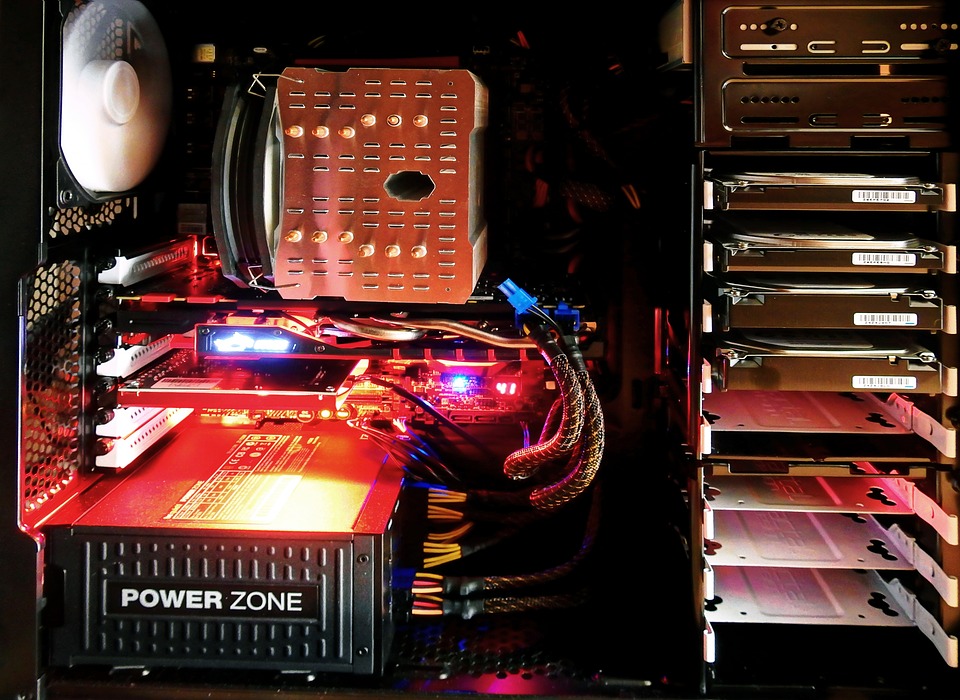
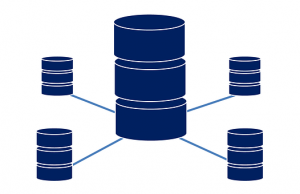 Well, webhosting is all about setups, maintenance, and technical support. Everything about it needs professional experts attention. Therefore a pool of IT experts is one of the biggest investment any reliable company can make. They will have technicians in different fields of IT all of who makes a successful company. Customers look for a company with reliable employees who will sort their problems in real time without much delay.
Well, webhosting is all about setups, maintenance, and technical support. Everything about it needs professional experts attention. Therefore a pool of IT experts is one of the biggest investment any reliable company can make. They will have technicians in different fields of IT all of who makes a successful company. Customers look for a company with reliable employees who will sort their problems in real time without much delay. Sometimes there is the security threat to the data ghost companies holds for their thousands of clients. To such a case the webhost companies need to take all necessary security breach prevention measures. Sometimes it calls for the relocation of the servers to secure location or installation of firewalls and antiviruses. Reliable companies usually have hackers employed to assess all possible loopholes and provide possible solutions.
Sometimes there is the security threat to the data ghost companies holds for their thousands of clients. To such a case the webhost companies need to take all necessary security breach prevention measures. Sometimes it calls for the relocation of the servers to secure location or installation of firewalls and antiviruses. Reliable companies usually have hackers employed to assess all possible loopholes and provide possible solutions.

 The pay-per-click campaigns are usually cumbersome and time-consuming tasks that a business would wish to offload it to someone else. A WordPress developer will gladly take it off your hands and do a better job. In addition to that, search engine optimization will also be taken care of for you. This involves many things, starting with correct keywords usage in the website content and social media integration. Organic keywords have a major competition going on, making the services of the experts very vital.
The pay-per-click campaigns are usually cumbersome and time-consuming tasks that a business would wish to offload it to someone else. A WordPress developer will gladly take it off your hands and do a better job. In addition to that, search engine optimization will also be taken care of for you. This involves many things, starting with correct keywords usage in the website content and social media integration. Organic keywords have a major competition going on, making the services of the experts very vital.

 arch engine optimization
arch engine optimization
 Considered as one of the most significant platforms in the business world particularly eCommerce, Magento has a lot of features that your business may benefit from. This includes a pre-packaged theme for your website or a custom design according to your needs, seamless order tracking, effective metadata description management, built-in international currency interface, shipping and checkout features, payment options, and much more.
Considered as one of the most significant platforms in the business world particularly eCommerce, Magento has a lot of features that your business may benefit from. This includes a pre-packaged theme for your website or a custom design according to your needs, seamless order tracking, effective metadata description management, built-in international currency interface, shipping and checkout features, payment options, and much more. In order to streamline your online sales effort, you need to follow some marketing tips. First, you can go mobile. Make sure that your website/s will load fast on the different mobile devices. This is important as, nowadays, more and more consumers are already utilizing their mobile phones or smartphones to shop online.
In order to streamline your online sales effort, you need to follow some marketing tips. First, you can go mobile. Make sure that your website/s will load fast on the different mobile devices. This is important as, nowadays, more and more consumers are already utilizing their mobile phones or smartphones to shop online.
 have on the product. To get Infusionsoft, you will need to register on the product’s site.
have on the product. To get Infusionsoft, you will need to register on the product’s site. The Infusionsoft is highly functional and comprehensive software that can help small businesses grow their revenue exponentially.
The Infusionsoft is highly functional and comprehensive software that can help small businesses grow their revenue exponentially.
 You need a virtual fax number to use the service. Fortunately, you can obtain this number free of charge. There are no installations or setups needed.
You need a virtual fax number to use the service. Fortunately, you can obtain this number free of charge. There are no installations or setups needed. people live in new eras and are on the lookout for new ideas. They want reliable methods of doing things.
people live in new eras and are on the lookout for new ideas. They want reliable methods of doing things.
 Ever since watching movies using apps has become popular, more and more applications have filled up the marketplace. This is evident by the vast number of movie apps that you can find in the Google Play Store. For this reason, searching for the best movie app could be a daunting ask. You may get confused because for sure each of the movie apps would claim to be the best. For this reason, it is very important for you to do your homework before you jump on downloading a certain movie app.
Ever since watching movies using apps has become popular, more and more applications have filled up the marketplace. This is evident by the vast number of movie apps that you can find in the Google Play Store. For this reason, searching for the best movie app could be a daunting ask. You may get confused because for sure each of the movie apps would claim to be the best. For this reason, it is very important for you to do your homework before you jump on downloading a certain movie app. If none of your friends can recommend a good movie app, then it is time for you to look for another way. This time, you can go online and do research. Visiting the Google Play Store is an option too, but not all the good applications are there. Some of them can be downloaded from a certain website. Check http://downloadshowboxapp.com.…
If none of your friends can recommend a good movie app, then it is time for you to look for another way. This time, you can go online and do research. Visiting the Google Play Store is an option too, but not all the good applications are there. Some of them can be downloaded from a certain website. Check http://downloadshowboxapp.com.…
 pack. To execute this action, the players will be required to flick the right stick up so as to tag the various items. They can then list these items on the Quick Sell, Transfer List or send them directly to their club of choice.
pack. To execute this action, the players will be required to flick the right stick up so as to tag the various items. They can then list these items on the Quick Sell, Transfer List or send them directly to their club of choice. The FIFA Ultimate Team will within context discover and encourage consumables depending on the needs of the players. However, there are instances whereby the players have found that they are missing a specific consumable. The FUT 16 allows you to look up for the item in the “Transfer Market” by just pushing a button.
The FIFA Ultimate Team will within context discover and encourage consumables depending on the needs of the players. However, there are instances whereby the players have found that they are missing a specific consumable. The FUT 16 allows you to look up for the item in the “Transfer Market” by just pushing a button.
 together to create a product that is referred to as the best affiliate and internet marketing tool in the market today.
together to create a product that is referred to as the best affiliate and internet marketing tool in the market today. 100k e-commerce Factory combines an online e-commerce system and an ad revenue system that guarantees to generate scalable, massive income in a short time as long as you follow the outlined guide.
100k e-commerce Factory combines an online e-commerce system and an ad revenue system that guarantees to generate scalable, massive income in a short time as long as you follow the outlined guide.
 Using Gmail Fax is just like creating a regular email. But instead of entering the email address of the recipient, you need to input the fax number. A lot of people are benefiting from this particular service because it helps them save money. An actual facsimile machine is no longer needed, neither is an extra telephone line.
Using Gmail Fax is just like creating a regular email. But instead of entering the email address of the recipient, you need to input the fax number. A lot of people are benefiting from this particular service because it helps them save money. An actual facsimile machine is no longer needed, neither is an extra telephone line. If your company is still using the conventional fax machine, all the faxes that you are receiving are printed automatically upon receipt. But with Gmail fax, you have to option to print them out or not, which will also help you save papers and ink. If you opt not to have a hard copy, then you can just go ahead and keep them on your virtual file so you can access them in the future.…
If your company is still using the conventional fax machine, all the faxes that you are receiving are printed automatically upon receipt. But with Gmail fax, you have to option to print them out or not, which will also help you save papers and ink. If you opt not to have a hard copy, then you can just go ahead and keep them on your virtual file so you can access them in the future.…
 A lot of business owners who are aiming to advertise their businesses effectively have benefited from Search Engine Optimization. In fact, SEO is considered as the most effective marketing strategy. How does it work? This particular advertising technique is being used to increase the traffic to your company’s website. Its primary goal is to get you to the top ranking positions in the search engine result pages.
A lot of business owners who are aiming to advertise their businesses effectively have benefited from Search Engine Optimization. In fact, SEO is considered as the most effective marketing strategy. How does it work? This particular advertising technique is being used to increase the traffic to your company’s website. Its primary goal is to get you to the top ranking positions in the search engine result pages. With all the benefits that you can gain from utilizing Search Engine Optimization, it will allow you to be able to convert visitors to your site to customers. And most likely these potential customers will become loyal customers later on. This would then help you grow and expand your business.…
With all the benefits that you can gain from utilizing Search Engine Optimization, it will allow you to be able to convert visitors to your site to customers. And most likely these potential customers will become loyal customers later on. This would then help you grow and expand your business.…
 colleges, on the streets, trains and other places, you will get hundreds of people displaying their smartphones. However, with the many options available on the market today, it is prudent to know which one will work best for you. Here is a list of The Latest Apple and Samsung Smartphones that you should consider purchasing:
colleges, on the streets, trains and other places, you will get hundreds of people displaying their smartphones. However, with the many options available on the market today, it is prudent to know which one will work best for you. Here is a list of The Latest Apple and Samsung Smartphones that you should consider purchasing: This is one of the most beautiful and powerful smartphone by Samsung. It is big but very slim and it uses an S pen which writes as well but achieves a lot more. This smartphone has a long battery life and it charges fast in different ways.
This is one of the most beautiful and powerful smartphone by Samsung. It is big but very slim and it uses an S pen which writes as well but achieves a lot more. This smartphone has a long battery life and it charges fast in different ways. operating system, has better camera autofocus, improved wireless speed, a crisp 4.7-inch screen and a storage capacity of 128 GB.
operating system, has better camera autofocus, improved wireless speed, a crisp 4.7-inch screen and a storage capacity of 128 GB.
 able to show 3D images has significantly improved. Most of the people buy new screens to place the old ones which do not support the 3D technology. Because of the increased demand the companies that make the screens have also improved significantly so as to keep up with the competition. These companies make screens of different sizes where almost anyone can find a screen of the right size.
able to show 3D images has significantly improved. Most of the people buy new screens to place the old ones which do not support the 3D technology. Because of the increased demand the companies that make the screens have also improved significantly so as to keep up with the competition. These companies make screens of different sizes where almost anyone can find a screen of the right size. While looking for the right 3D screen to watch movies or play video games on, one should start by knowing the qualities to consider. Some of the most important qualities include the size where most people prefer large screens that produce bigger and clearer pictures.
While looking for the right 3D screen to watch movies or play video games on, one should start by knowing the qualities to consider. Some of the most important qualities include the size where most people prefer large screens that produce bigger and clearer pictures.